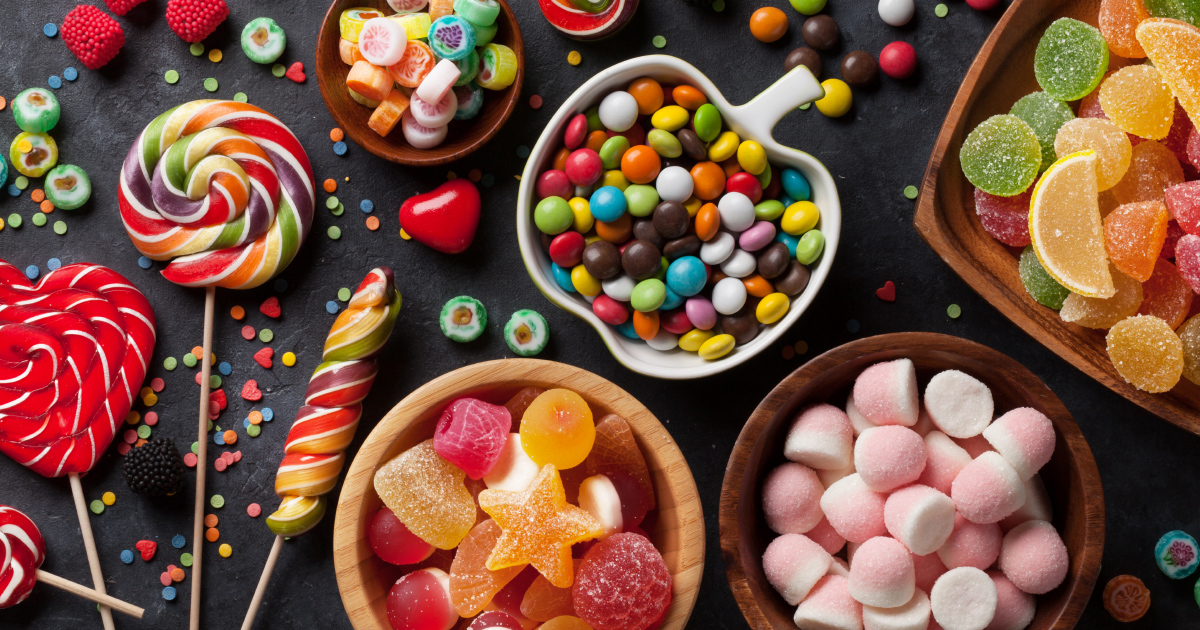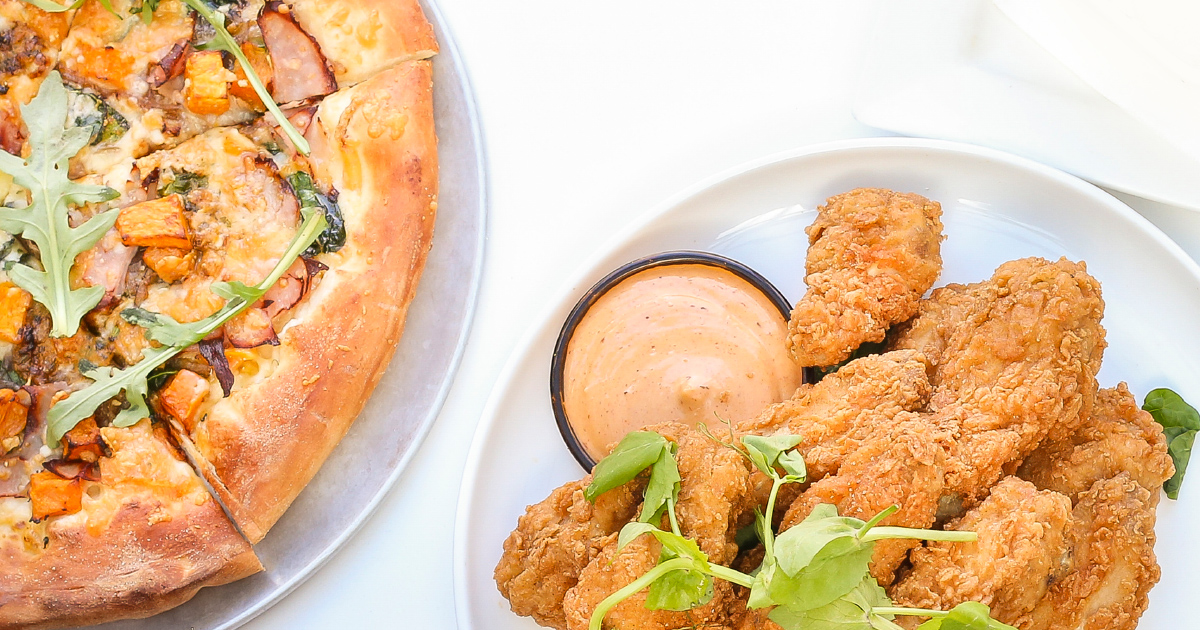What food cravings could be telling you about your health

Being hungry is one thing – lusting after a specific snack or drink could be your body telling you that it’s low on something important.
Here’s what some of your snack attacks might mean and what to do about them.
Hunger pains come from your tummy. Cravings come from the brain. You might simply be in the mood for something you haven’t had in a while. Pregnant women often have strong cravings, maybe since hormonal changes disrupt their taste and smell.
For most of us, cravings start when we’re stressed or anxious. Carbohydrates boost our levels of the hormone serotonin, which calms us down. Research also suggested that a combination of fat and sugar may also have a calming effect.
Sometimes, though, cravings could be your body signalling that it’s short of something important. Not all experts agree 100 percent about what the cravings below mean, but there’s no harm in trying the solutions to see if they help.
SALT
Most of the time this means you just feel like something savoury. But it could also mean you’re dehydrated. Salt attracts and holds on to water, so your body might be calling for sodium-rich foods to draw in more water. If this is the reason for the craving, a glass or two of water might make it go away.
Endless stress could be punishing the adrenal glands which give you energy and help you cope. To see if this is the problem, try working on that stress with breathing exercises or meditation.
SUGAR AND SWEETS
Sugar gives you a burst of energy, so we tend to think a sweet snack will make us feel less tired. It will, for a short while. But wanting sweet stuff might mean you’re not getting enough sleep. So get some. Keep healthier options such as fresh or dried fruit ready for when the urge hits.
CHOCOLATE
Some experts say a chocolate craving means your body needs more magnesium. Others say there’s not enough evidence to prove this.
Have some almonds or leafy greens when the choc craving hits. They contain even more magnesium. If only chocolate will do, try dark chocolate with 70 percent or more cocoa.
BREAD, PASTA AND POTATOES
When you’re avoiding carbs to lose some weight, you might be missing a source of quick energy. Go for a fist-sized portion of starchy carbs such as rice, pasta, bread or potatoes with each meal. Craving white bread could be a sign of too little nitrogen, which plays an important part in things such as cellular growth. Try protein-rich foods such as beans, leafy green vegetables, nuts and seeds.
CHEESE
Maybe you just love cheese or you’re really after the salt in it. But cheese also contains the amino acid tryptophan, which helps create the feel-good chemicals melatonin and serotonin. If you’re worried about the fat in cheese, get your tryptophan from foods such as salmon, poultry, nuts, and seeds.
TEA AND COFFEE
Coffee or tea cravings could simply be a sign that you need to rehydrate. Obviously doing that with water would be better.
Caffeine kicks you into alertness but some people get addicted to it and get withdrawal symptoms such as tiredness and headaches when they skip a cup. If this happens to you, try to cut down on coffee and tea slowly so you won’t feel lousy without your caffeine fix.
FATTY OR FRIED FOOD
For many of us, fatty and fried food mean Friday night’s takeaway chicken or order-in pizzas. If you start craving this a lot, it might mean you just want to break out of your daily routine a bit. So it’s emotional, not physical.
Find something else to get that release. Go walking or window-shopping during your lunch break. Watch a kick-butt movie and imagine the bad guy is whoever is making your life harder.
WATER
If you drink enough water, your urine should be light yellow. If it is and you still feel thirsty all the time, ask your doctor to check for diabetes. Check out our article about hydration mistakes here.
ICE
Kids might eat ice, soil, soap and other non-foods for a laugh. In adults, chewing ice can point to a mineral deficiency. Eat more dark leafy greens, green vegetables, nuts, and seeds.
DON’T GET TOO HUNGRY
If you put off eating until you’re starving, you might end up overeating. Extreme hunger makes you grab fast food – and too much of it. Get into a routine with fixed mealtimes and healthy snack breaks to help control cravings and binges.
Sources: www.bustle.com, www.thehealthy.com, www.cosmoplitan.com, www.medicalnewstoday.com, www.hollandandbarrett.com, www.healthline.com, www.webmd.com.
Related articles

Latest Jet club magazine
We’ve got the latest trends, exciting prizes and exclusive savings just for you!
Jet Club will not pass your details to anyone else. By clicking the subscribe button you confirm you have read and agree to the Jet Club Terms and conditions and Jet Club Privacy Statement.
Subscribe



